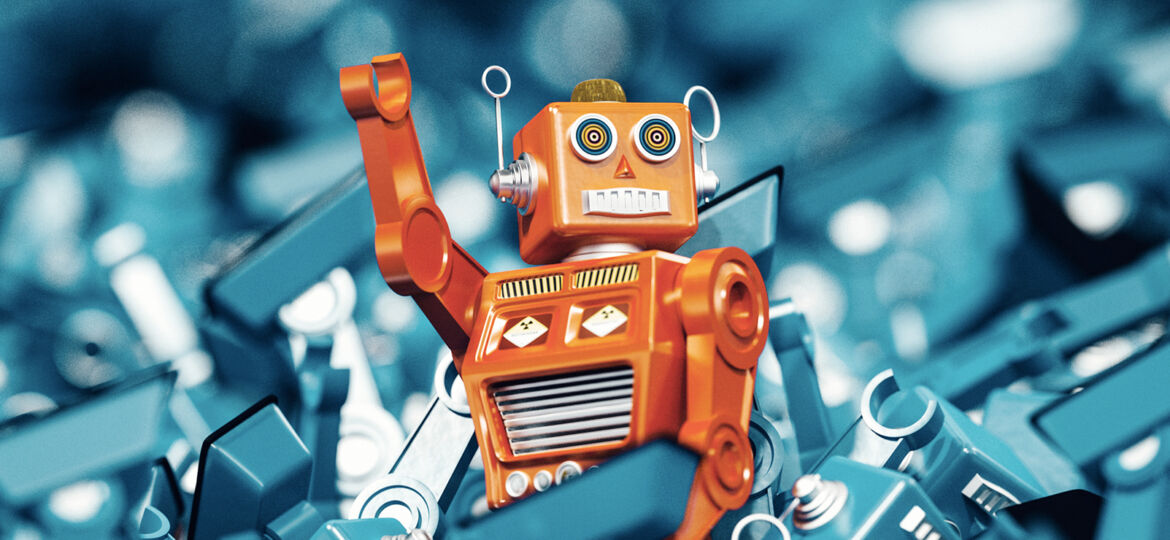
The hottest AI on the planet goes open source
Tesla CEO Elon Musk announced the formation of OpenAI, a multi billion dollar non profit artificial intelligence research company way back in December and we’re now seeing the results of it. On Wednesday the company released the beta of OpenAI Gym, a toolkit for comparing and developing reinforcement learning algorithms – arguably the hottest and most sought after type of AI on the planet today and one that Google covets so highly it paid over $400 million to acquihire DeepMind and it’s twelve employees.
The toolkit allows researchers to test their algorithms by having play games like Atari or Go, control 2D and 3D robot simulations, complete small tasks, and perform computations. The platform will allow researchers to compare their results and work with others.
Researchers have been using games to test the strength of their AI for years ever since IBM’s Deep Blue computer beat world chess champion Garry Kasparov and more recently when Google’s AlphaGo – another reinforcement learning AI beat a world champion at the ancient game of Go for the very first time – something many AI experts as well as Musk thought was a decade away from being possible.
OpenAI’s co-founder and CTO Greg Brockman told us earlier this month that the company is working on two types of AI – reinforcement learning, when machines learn to conquer tasks through repeated trial and error and unsupervised learning that aims to teach machines to think like humans.
The OpenAI Gym was initially designed so the company could test its own algorithms, but it was made open source to help speed up reinforcement learning research.
Since it was formed OpenAI has remained committed to making its projects open source to democratise AI research so everyone can have a slice of the pie – not just big names like Amazon, Facebook, Google and IBM. Open sourcing the projects also allows OpenAI to stick to its mission of advancing “digital intelligence in the way that is most likely to benefit humanity as a whole.”
According to Greg the ultimate objective of the company is to prevent prevent the “global warming type of effects or outcome that no human really wants.”
Summoning the demon
“It’s about first saying these systems are becoming capable and a part of our life and we should be thinking about this,” he said and while there’s not much that can be done to think of safety standards for tech doesn’t exist yet society nevertheless needs to acknowledge that artificial intelligence will influence every part of our lives. Musk himself has not been shy about his concerns over artificial intelligence turning evil and he’s even compared AI to “summoning the demon.”
“Our goal is to maximise the probability of things turning out well,” says Brockman, “so obviously the flip side is making sure whatever issues there are are minimised and avoided.”
















